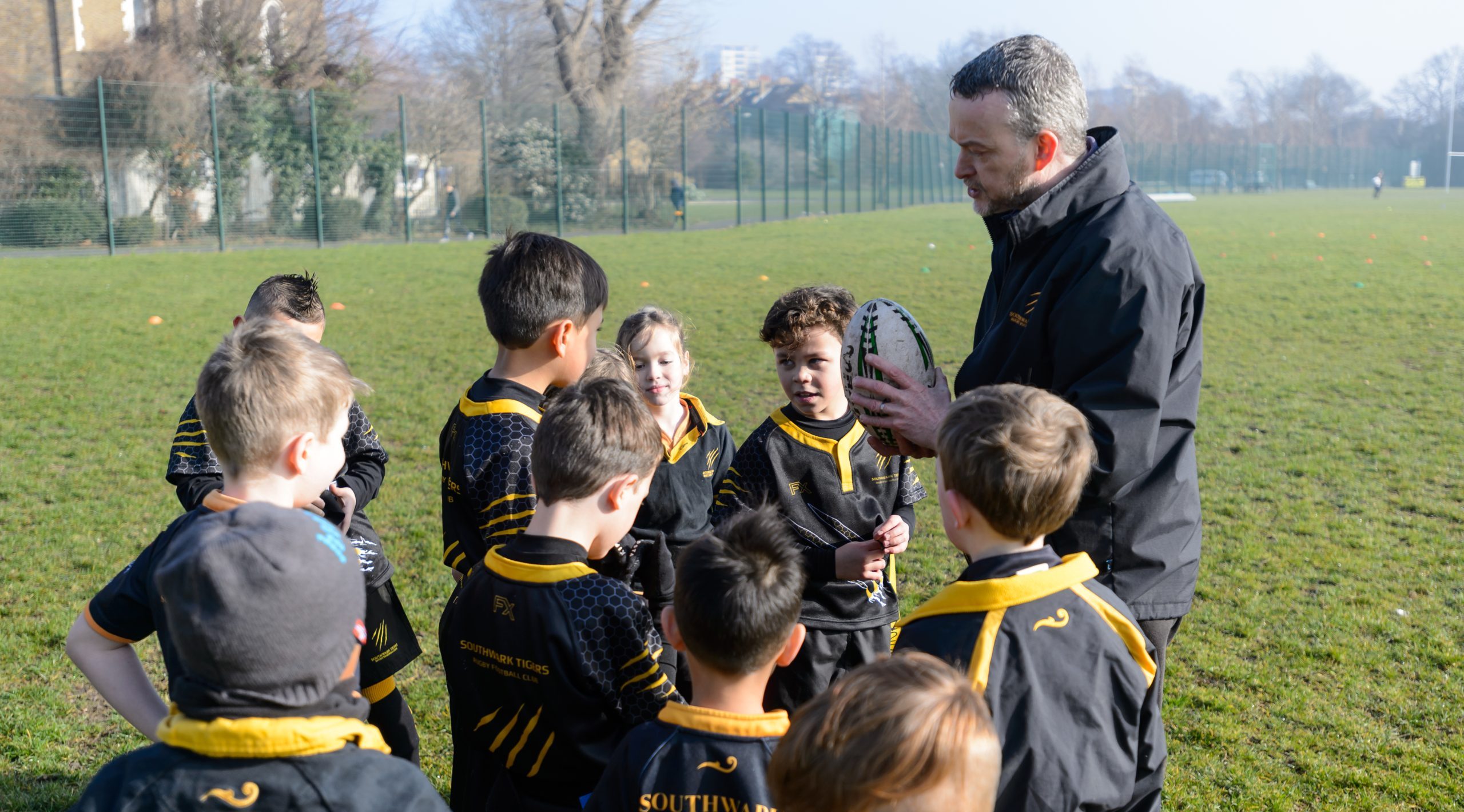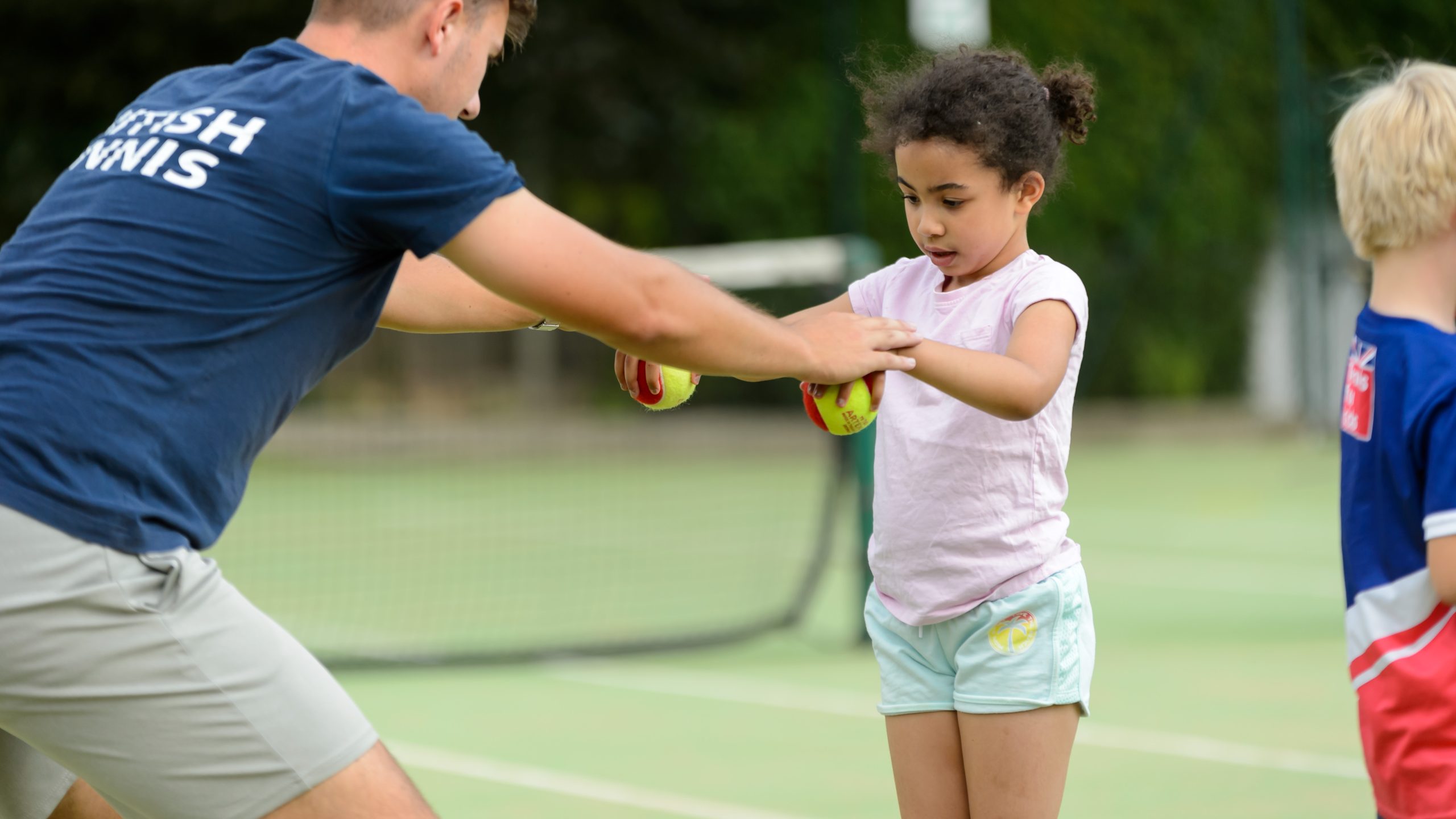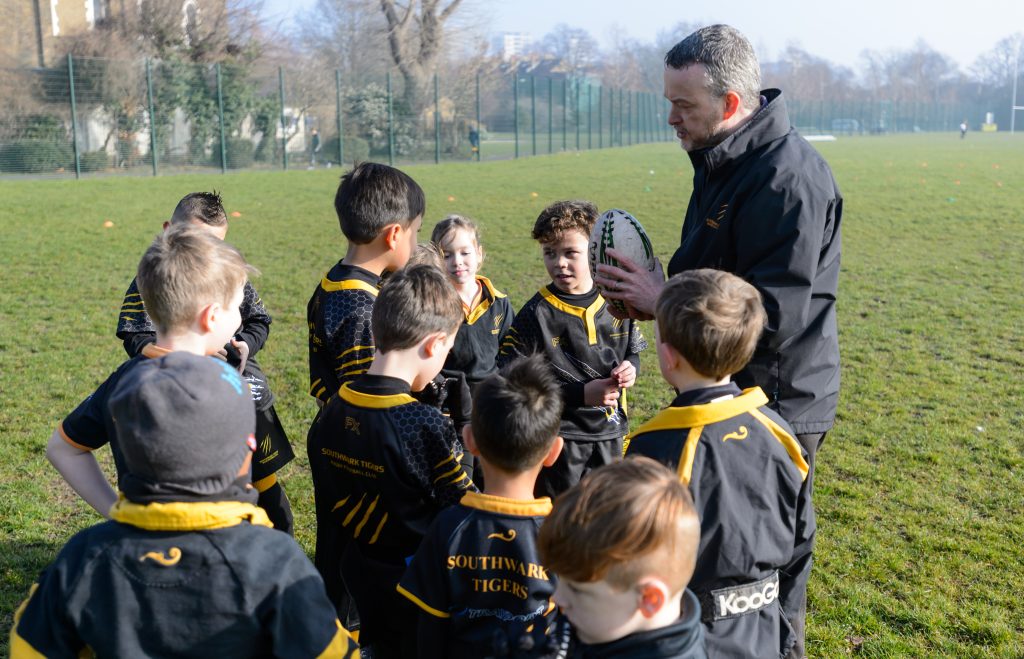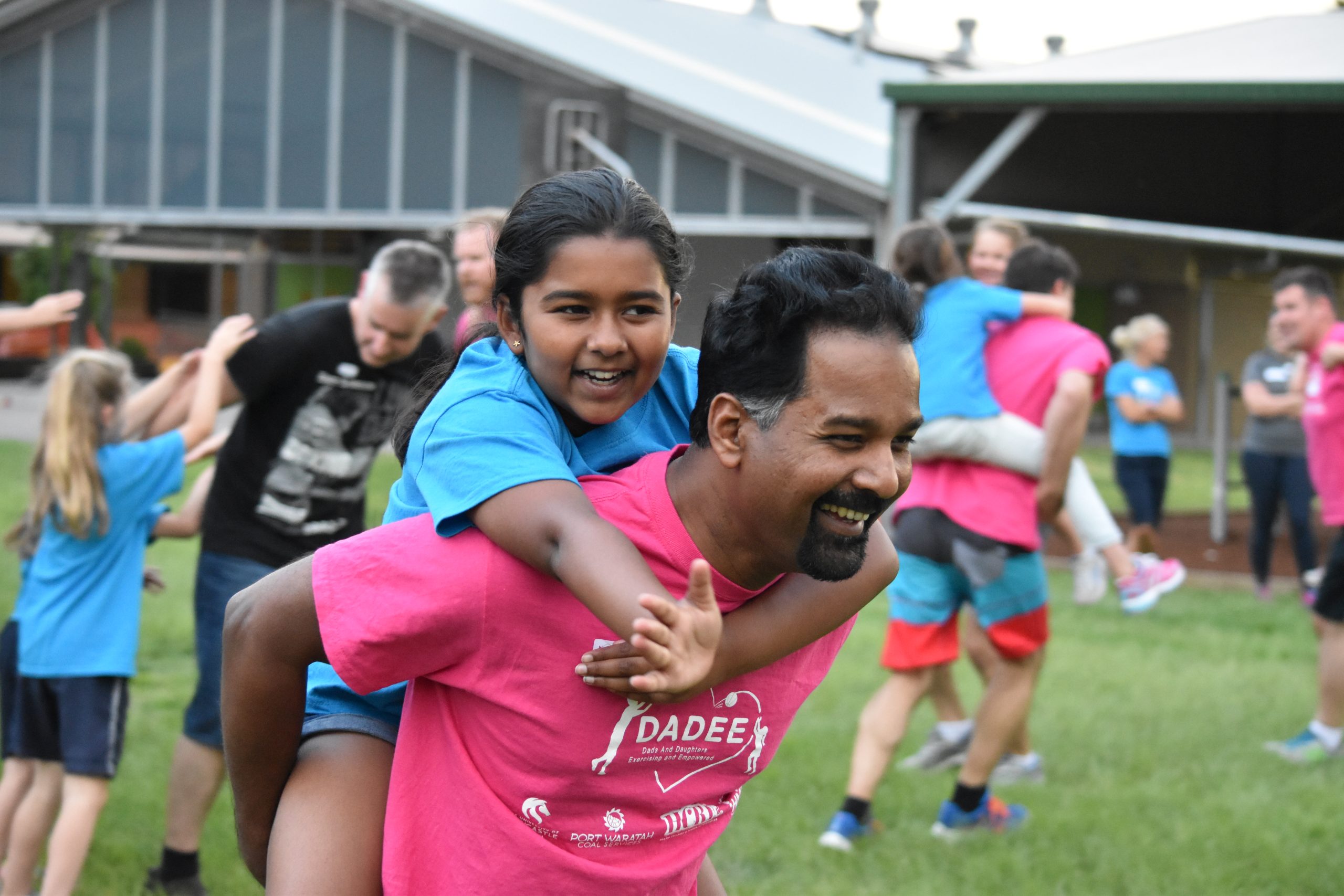
‘Boys will be boys’: Creating a new generation of male allies for girls in sport
Our research into what causes boys’ negative attitudes and behaviours to girls in sport in the early primary school years.

Published
We’re living in a scary time if you’re a woman in sport, or just a woman in general.
Online abuse of sportswomen is on the rise, new stories of women being mistreated in their sport are published weekly, and recent studies show that 16% of young men believe feminism has “done more harm than good”.
So, although we may have come a long way, we seem to be more polarised than ever. But in order to achieve gender equality in sport, everyone needs to be onboard, including men.
If you can be a backup singer, a cheerleader, a supporting act to it [women’s sport] why wouldn’t you be?Ugo Monye, former RFU player
And the good news is, more and more high-profile sportsmen are speaking out. Former England Rugby international Ugo Monye has been outspoken…. “If you can be a backup singer, a cheerleader, a supporting act to it [women’s sport] why wouldn’t you be? Are you afraid of enjoying it? If that’s the only barrier then just get over it and get yourself involved.”
World Cup-winning Springboks captain Siya Kolisi has said that he wants to spend his retirement championing women’s rugby: “I want to help the women’s game.” How? “Speaking to sponsors, how do the girls not have their own boots? They are playing at the same level as us, working harder than us – and having to go to work and still play rugby. I don’t believe that’s right.”
And we can’t forget Andy Murray, who sets the record straight at every chance he gets, when women’s achievements are undermined.
We recently launched our first ever study focused only on boys aged 5-11 and what shapes their attitudes towards girls in sport.
We found that boys as young as five years old are learning that girls don’t belong in sport.
Gender stereotypes are instilling the idea that boys must be good at sport, creating a pack mentality that pushes girls out.
As a result, boys also tend to be more critical of girls who make mistakes in sport than they are of their male friends.
When boys are grown up, they work and exercise. When girls grow up, they have to stay at home and make food.Primary school boy
Boys feel a huge sense of pressure to be good at sport, but at the same time, are not taught to lose well, which can lead to aggressive behaviour that is taken out on girls and less sporty boys.
But there is hope. Boys aren’t born believing they’re superior to girls when it comes to sport; gender stereotypes are shaping those perceptions. We have the power to change this.
We found that dads were the main source of inspiration and encouragement for boys to take part in sport, followed by other male role models such as brothers, teachers and coaches.
Given that boys are so inspired by their dads, fathers and father figures play a powerful role in tackling stereotypes, resetting expectations when it comes to sport and teaching boys to respect women and girls in sport and wider life.

We used our research to create bespoke resources for primary school teachers, parents and coaches. The guides provide advice and tips on how to make sure boys are growing up with healthy attitudes towards women and girls in sport.
We caused a stir with our latest campaign to grab people’s attention about the impact of gender stereotyping.

Our research into what causes boys’ negative attitudes and behaviours to girls in sport in the early primary school years.

Families are all different but are united by being the first and most important influence in a child's life. This guide will help you challenge accepted norms, tackle the gender play gap and champion the value of sport for all.